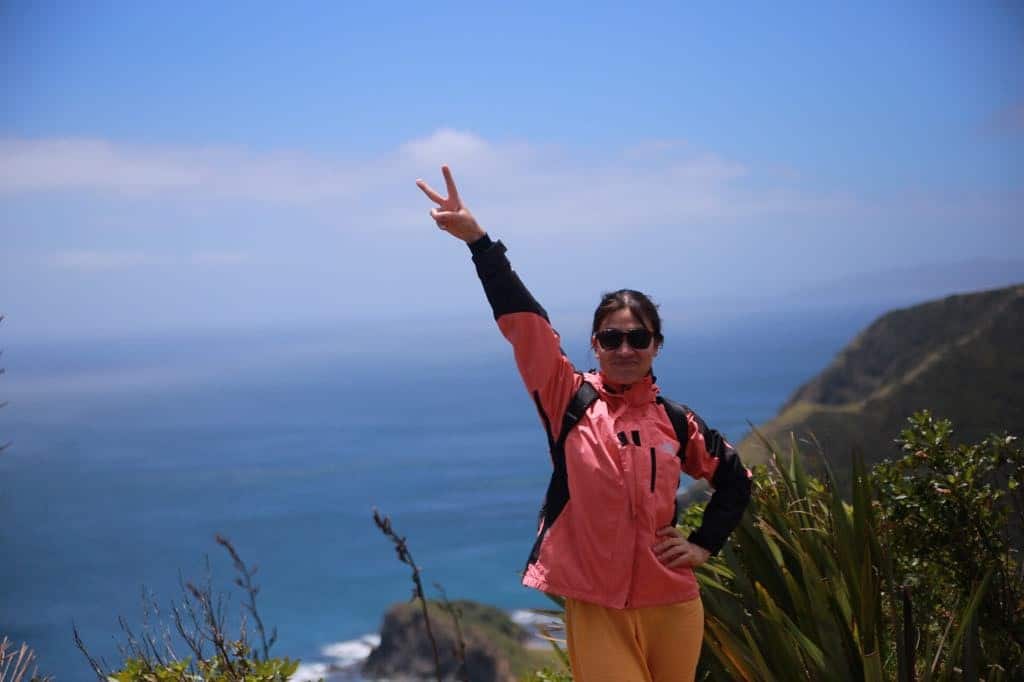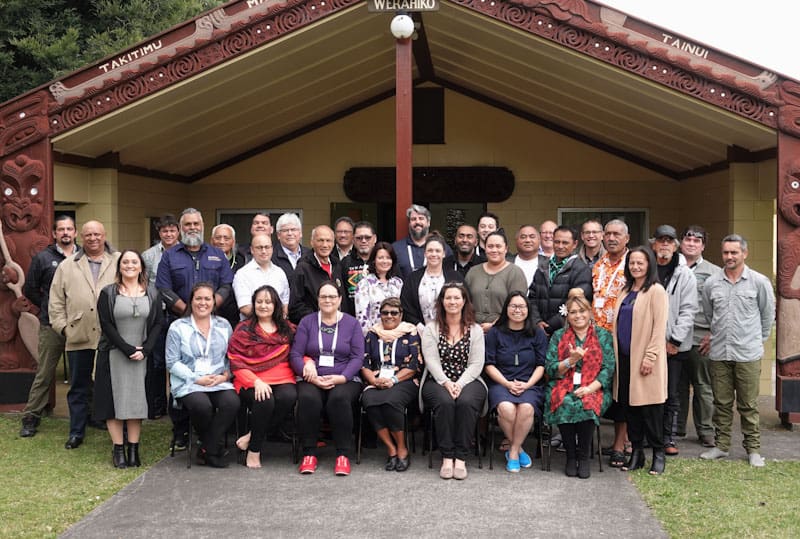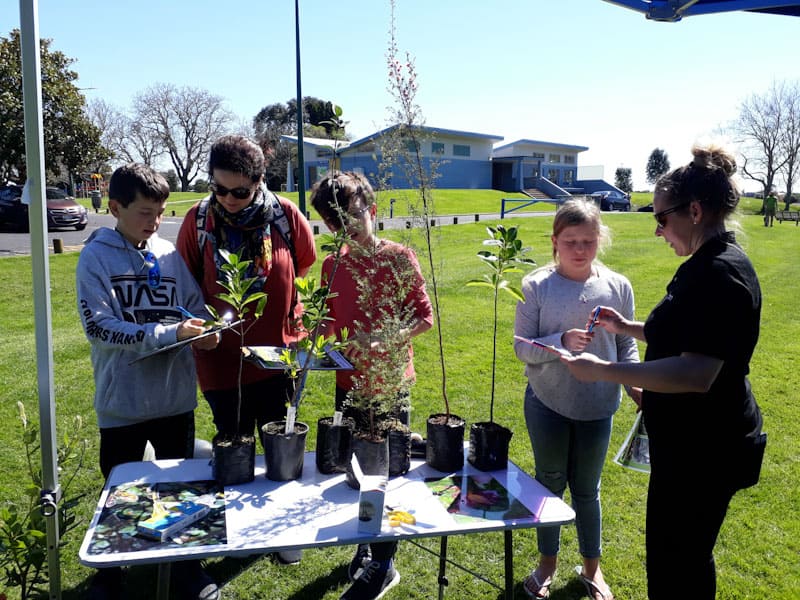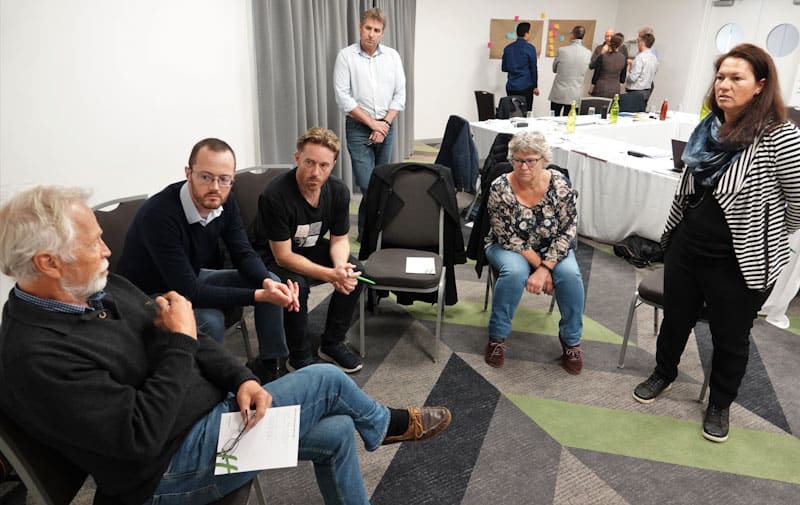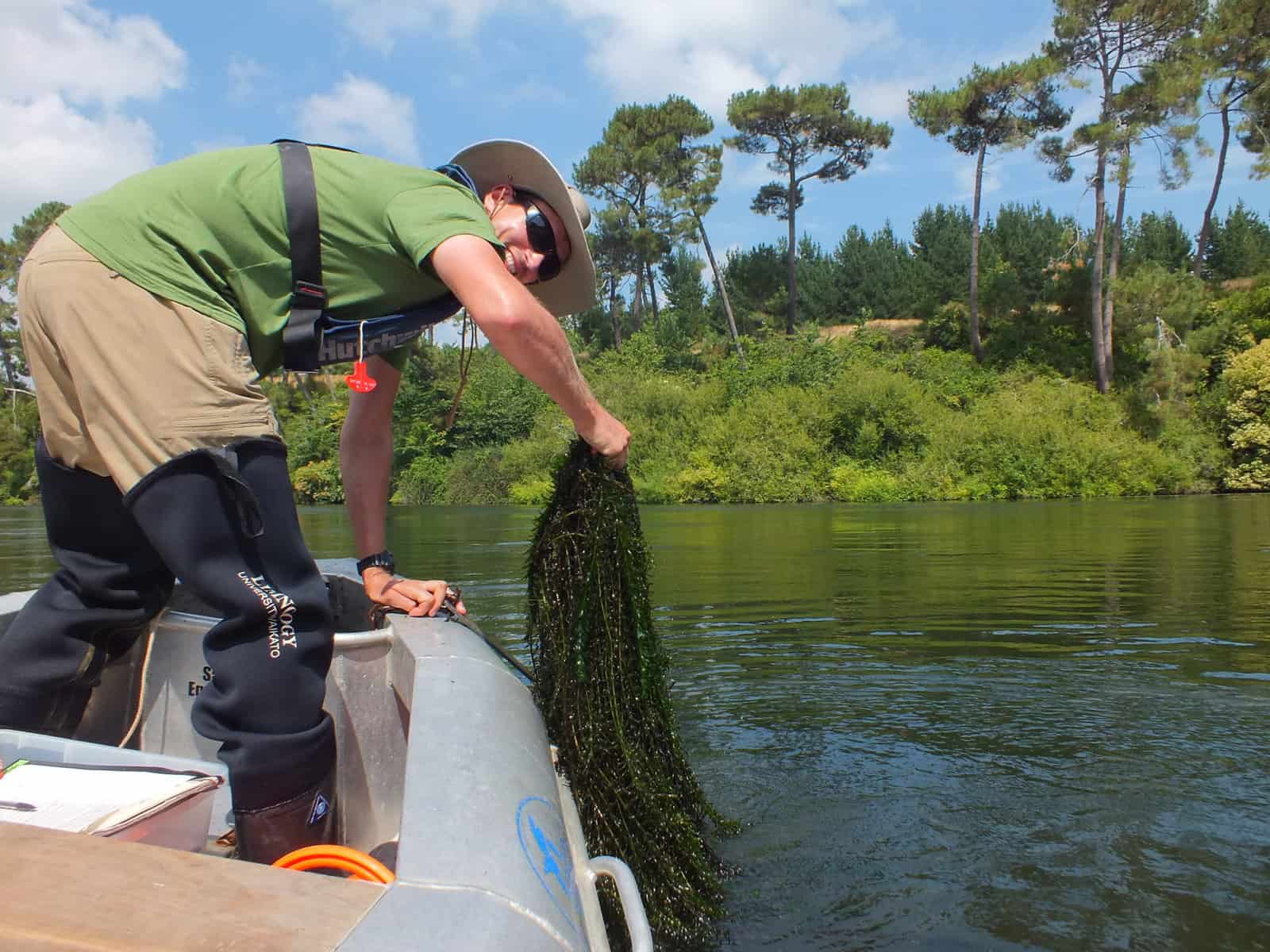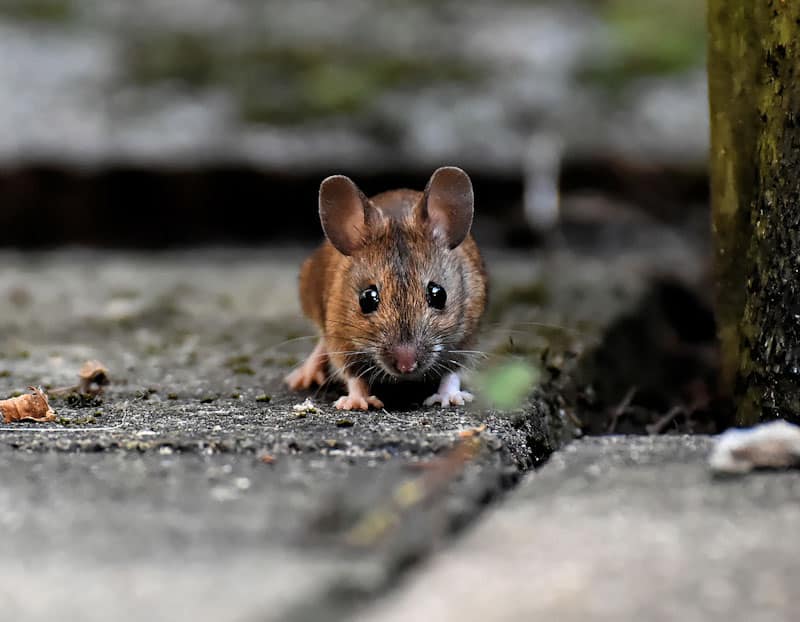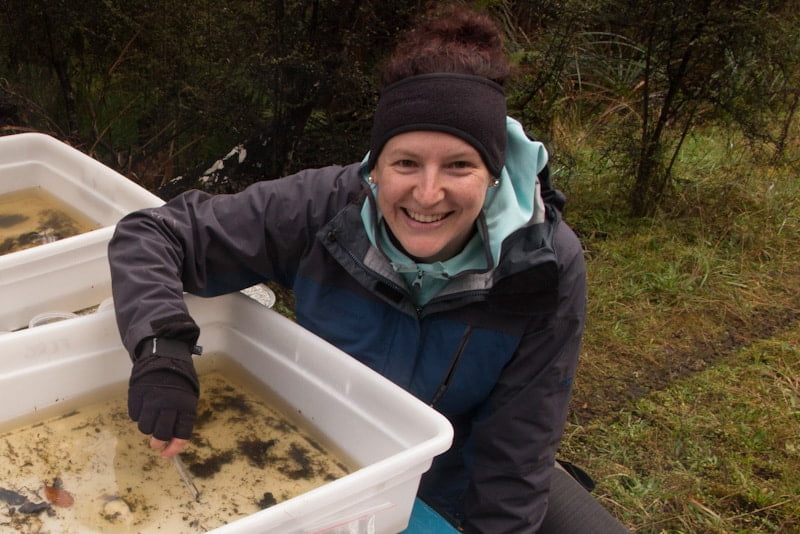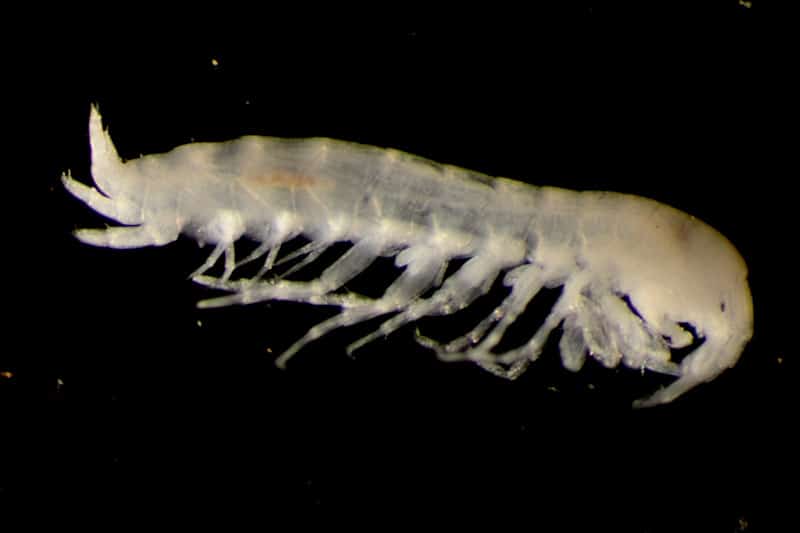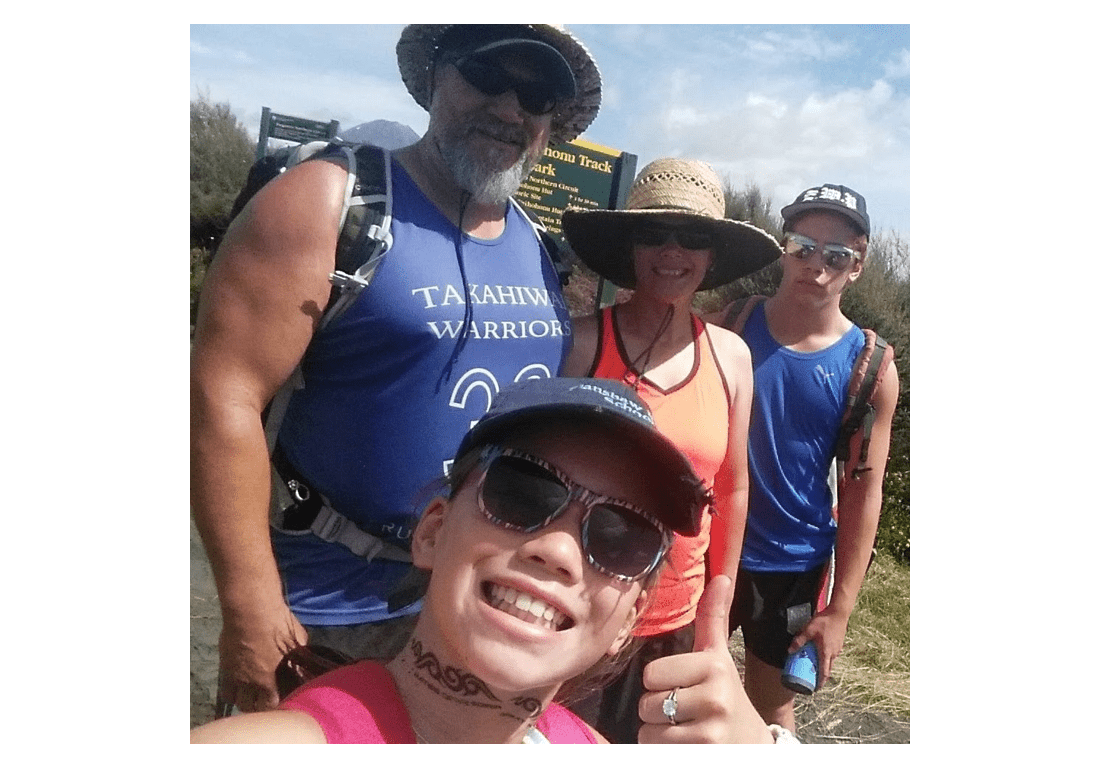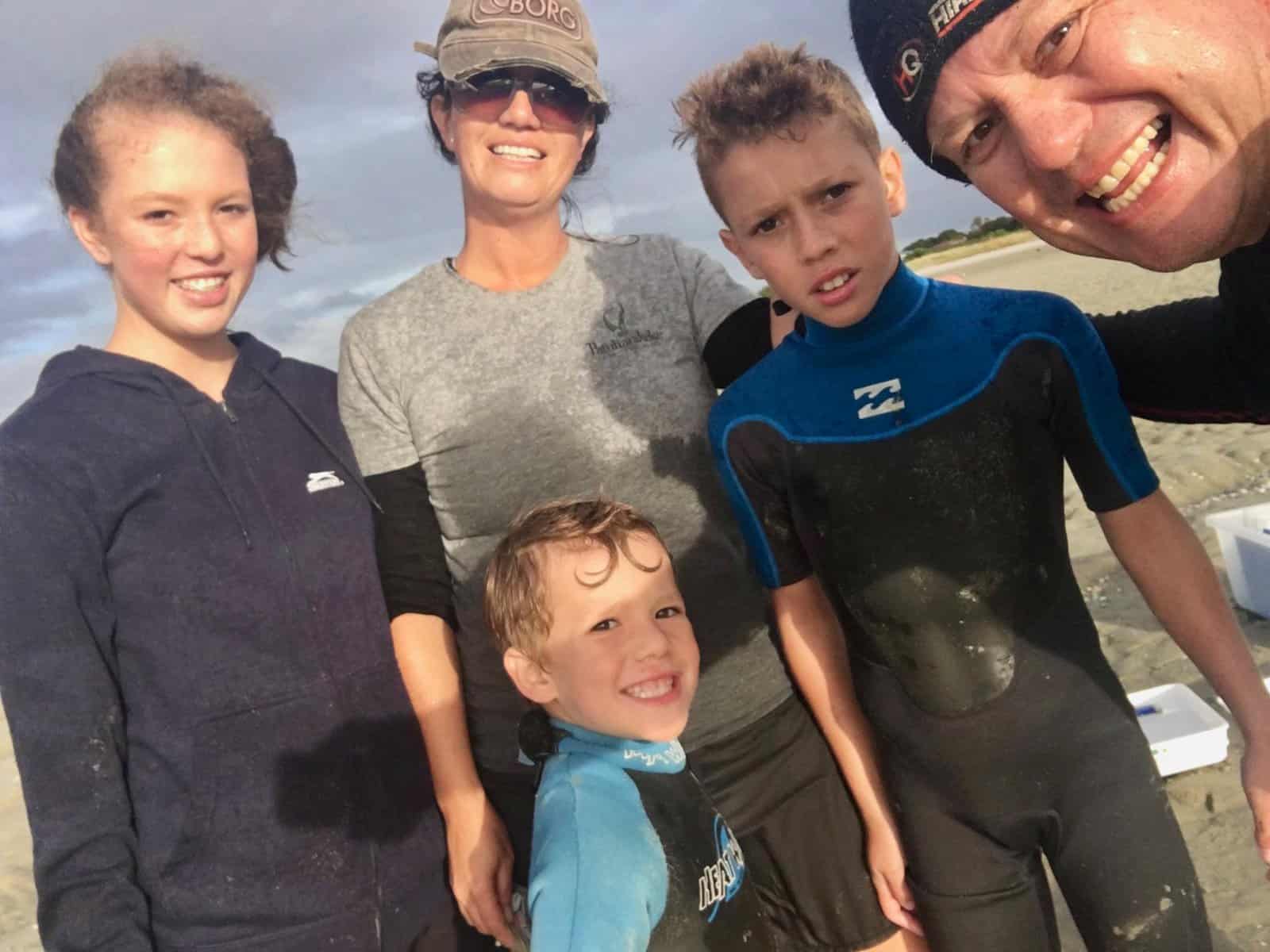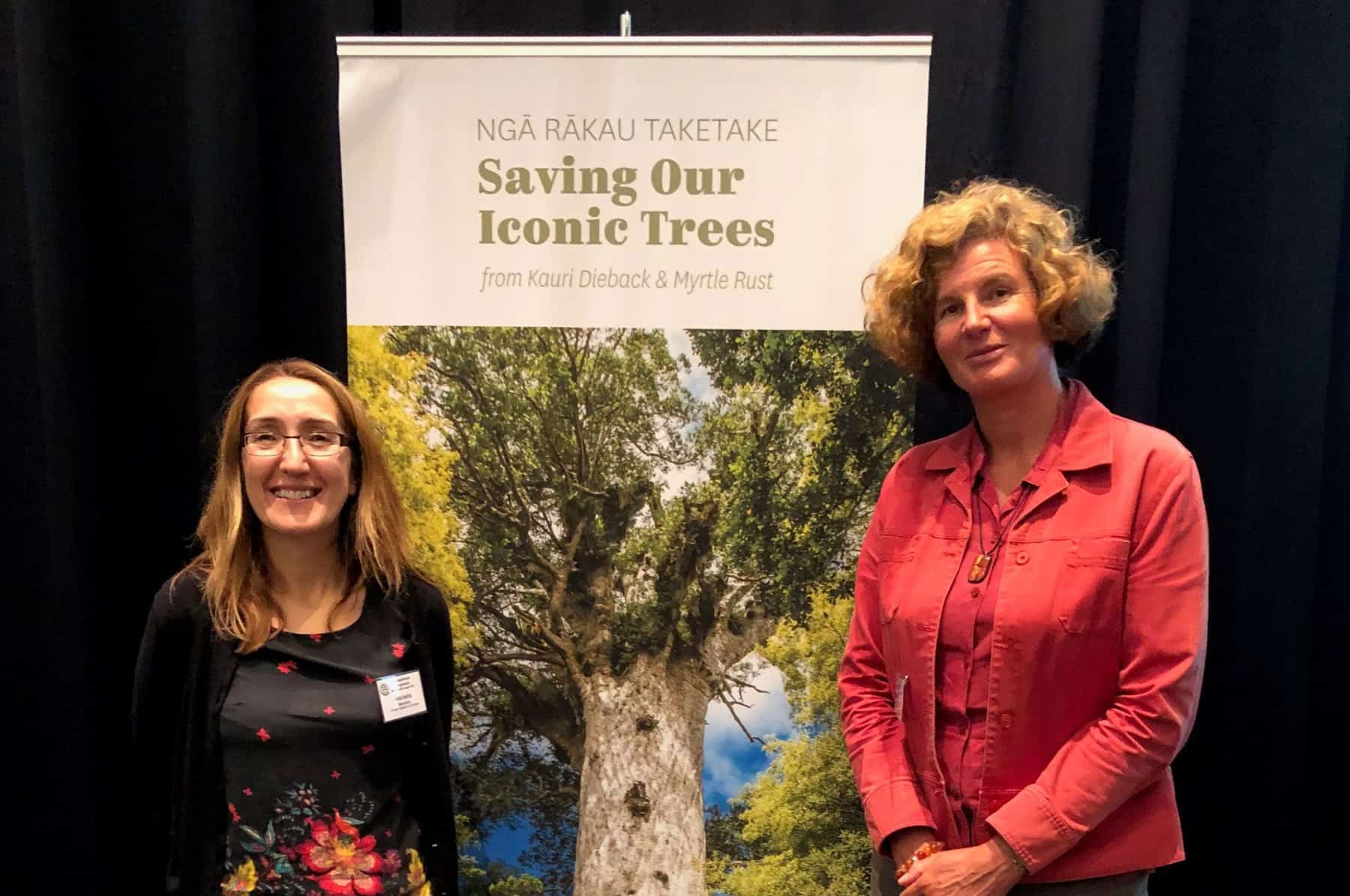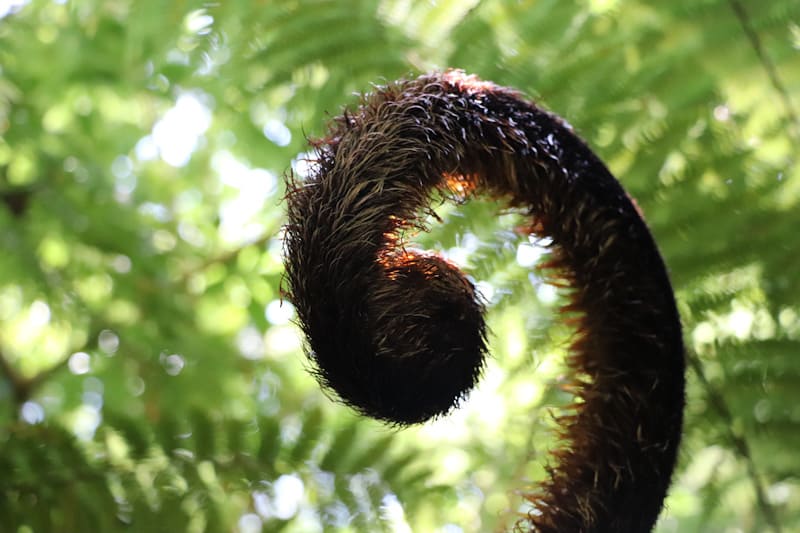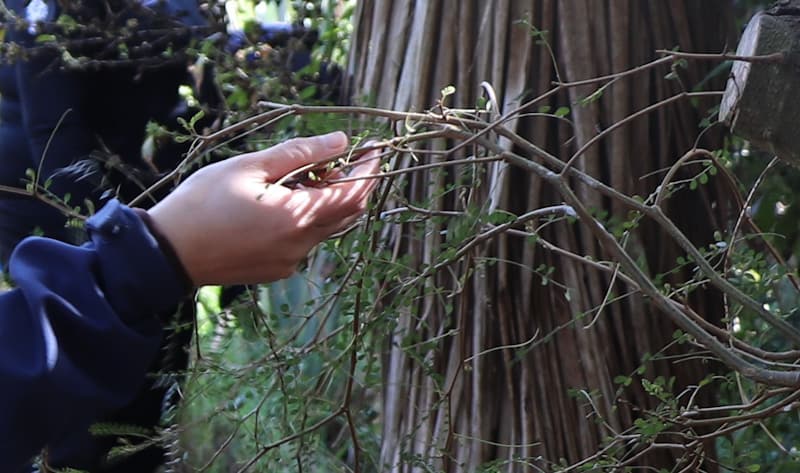The pathogen causing myrtle rust might be tiny, but it’s effects could impact carbon, water and nutrient cycles at both the plant and ecosystem levels.
Worldwide connections made at indigenous biosecurity hui
An International Indigenous Biosecurity Network will be established thanks to a hui taumata (conference) bringing together experts from around the globe.
Myrtle rust featured at Tauranga Conservation week
There’s still plenty of local community interest about the research and management of myrtle rust.
Surge funding investment
Four new projects are underway within Ngā Rākau Taketake that address key science priorites identified in the kauri dieback and myrtle rust strategic science plans.
NRT scoping group making great progress
The Ngā Rākau Taketake (NRT) scoping group pitched their Investment Prospectus to a ‘dragons den’ earlier in the month, receiving lots of positive and constructive feedback.
October 2019 newsletter – National Science Challenge
Scoping updates, early career mahi, groundwater fauna and more . . .
The freshwater mussel housing crisis: eviction by invasive weeds?
University of Waikato PhD candidate Tom Moore investigates the housing crisis of taonga species kākahi.
Small mammals in the pest-control spotlight
We still have a lot to learn about the fundamental ecology of some pest species that aren’t included in the “Predator Free 2050” efforts, says a Manaaki Whenua researcher.
Early career leads pay off
Early career researchers are normally associated with uncertainty: short-term contracts, a need for experience, but few opportunities to get any.
Endemic groundwater species stay close to home
Many of New Zealand’s groundwater species are “short-range endemics” – being unique species restricted to areas as small as a single catchment.
Stage 2 scoping group timeline
We’ve almost completed the second round of scoping meetings, read on for more detail . . .
Te Wiki o te Reo Māori profile: Dave Milner
We’re excited to have Dave Milner as one of the fearless leaders of our Ngā Rākau Taketake scoping group . . .
Te Wiki o te Reo Māori profile: Juliane Chetham
To celebrate Te Wiki o te Reo Māori (Māori language week) we’re profiling some of our incredible Māori scientists and kaitiaki (guardians). First up, it’s our pleasure to introduce Juliane . . .
Risk of Phytophthora highlighted at dedicated symposium
Kauri Rescue project lead Dr Ian Horner (Plant & Food Research) says fifteen years ago this would never have been possible. “No one would have dreamt of holding a Phytophthora symposium as no one would have shown up!” New Zealand is now home to a number of Phytophthora experts, trained or brought in to respond to […]
Priority research investment: Māori-led research
Social-ecological systems are a crucial element in the long-term preservation of our taonga species and ecosystems, so our aim is to build on existing relationships and research to develop expertise in this space. This priority investment will look at how we can incorporate mātauranga Māori (Māori knowledge) into the protection of both kauri and Myrtaceae […]
Priority research investment: Surveillance
We need to empower communities to map and monitor these foreign pathogens and their impacts, using an overarching surveillance framework. New Zealand already has one of the best surveillance frameworks used to manage a disease of national importance: the ‘proof of freedom’ framework for bovine tuberculosis (Tb). This framework is regarded as one of the […]
